In the realm of hunting and observation, the choice between thermal scopes and night vision devices is a hotly debated topic. Both technologies offer the ability to see in the dark, but they do so in fundamentally different ways. This comprehensive guide will delve into the advantages of thermal scopes over night vision devices, exploring their capabilities, applications, and the future of this technology.
Understanding Thermal Scopes
Thermal imaging, the technology behind thermal scopes, is a game-changer in the field of observation. It works by detecting the heat signatures emitted by objects, rather than relying on light. This allows thermal scopes to provide clear images in complete darkness, fog, and smoke, making them incredibly versatile.
Night Vision Technology Explained
Night vision devices, on the other hand, amplify available light to allow the user to see in low-light conditions. They come in various generations, each with its own set of capabilities and limitations. While effective, they are heavily dependent on the presence of some ambient light.
Comparing Thermal Scopes and Night Vision Devices
When comparing thermal scopes with night vision devices, several key performance metrics stand out. Thermal scopes offer superior detection capabilities in a wider range of conditions, including complete darkness, fog, and smoke. They also provide a longer detection range, which is invaluable for long-range observation and targeting.
Advantages of Thermal Scopes
One of the most significant advantages of thermal scopes is their ability to detect heat signatures. This means they can see through fog, smoke, and other obscurants that would render night vision devices ineffective. Additionally, thermal scopes can identify the heat signatures of humans and animals from a considerable distance, making them ideal for hunting, wildlife observation, and search and rescue operations.
Limitations of Night Vision Devices
While night vision devices have their merits, they are not without limitations. Their performance is heavily dependent on ambient light, and they can be rendered ineffective in conditions with no light or in foggy environments. Furthermore, their detection range is generally shorter than that of thermal scopes.
Applications of Thermal Scopes
Thermal scopes have a wide range of applications. In the enforcement sectors, they are used for surveillance and reconnaissance. Hunters and wildlife observers appreciate their ability to detect heat signatures, allowing them to track and observe animals from a distance. In search and rescue operations, thermal scopes can locate people in difficult-to-see areas.
Cost Considerations
The initial investment for a thermal scope is typically higher than that for a night vision device. However, when considering the long-term value, thermal scopes offer a superior return on investment due to their versatility and reliability. Maintenance costs are also generally lower, as thermal scopes are less susceptible to damage from environmental factors. As technology advances, there are many cost-effective thermal scopes on the market.
User Experience and Ease of Use
Thermal scopes are designed with user experience in mind. They often feature ergonomic designs and user-friendly interfaces, making them easy to use even for those unfamiliar with the technology. In contrast, night vision devices may require additional training and adaptation due to their reliance on available light.
Future of Night Vision and Thermal Imaging
The future of night vision and thermal imaging is exciting. Technological advancements are continuously improving the capabilities of both technologies. There is also potential for the development of hybrid devices that combine the strengths of both thermal imaging and night vision.
Thermal scopes offer a range of advantages over night vision devices, particularly in terms of detection capabilities, versatility, and user experience. While the initial investment may be higher, the long-term benefits and applications make thermal scopes a worthwhile choice for many users.





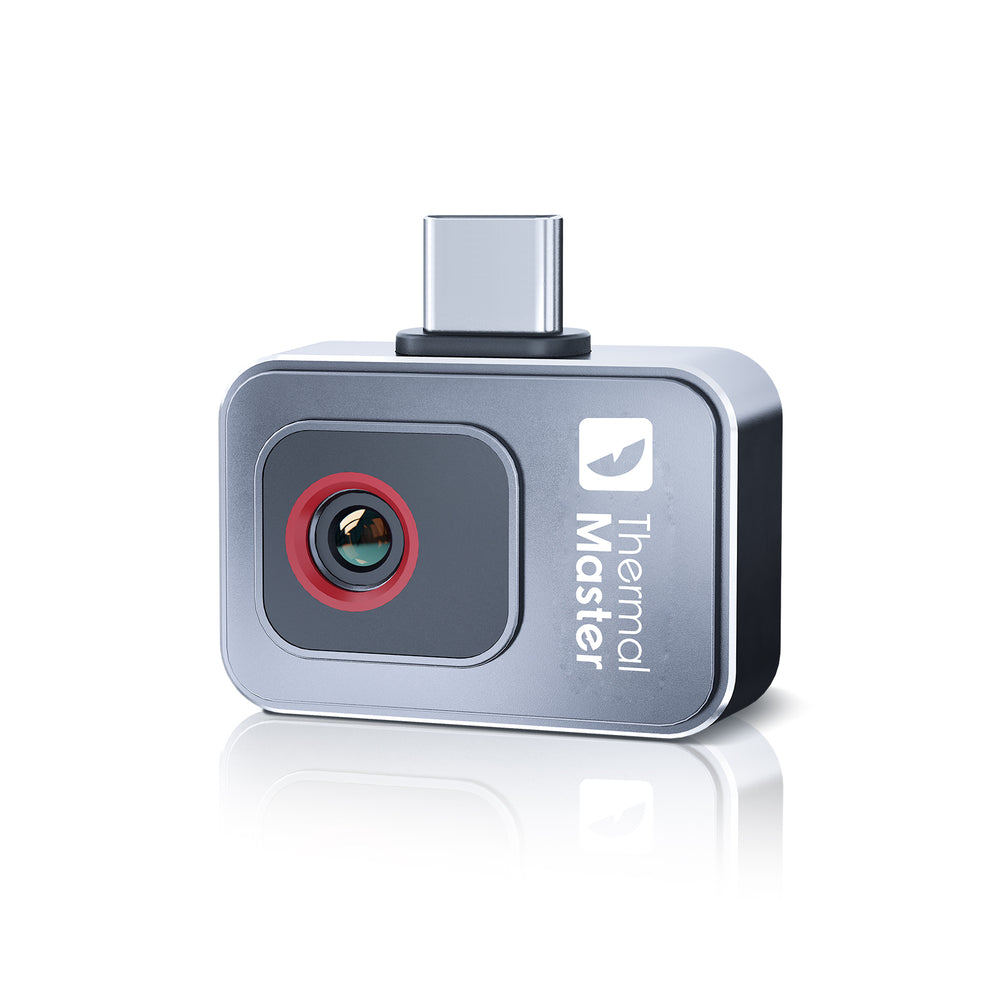
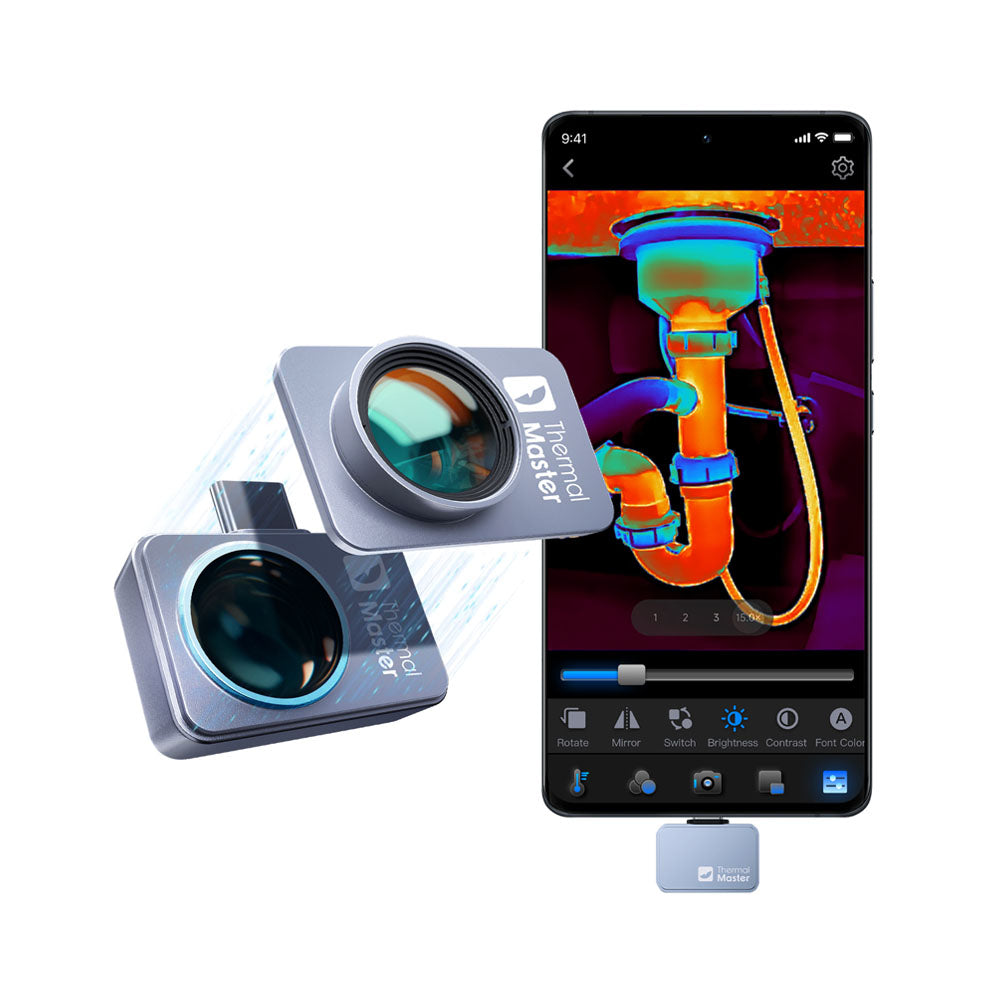

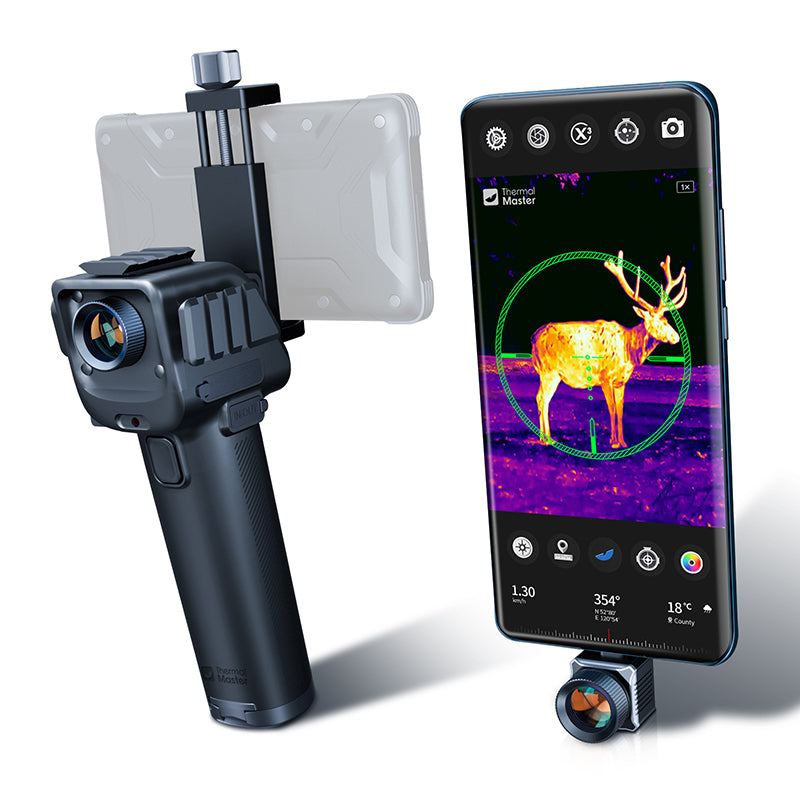
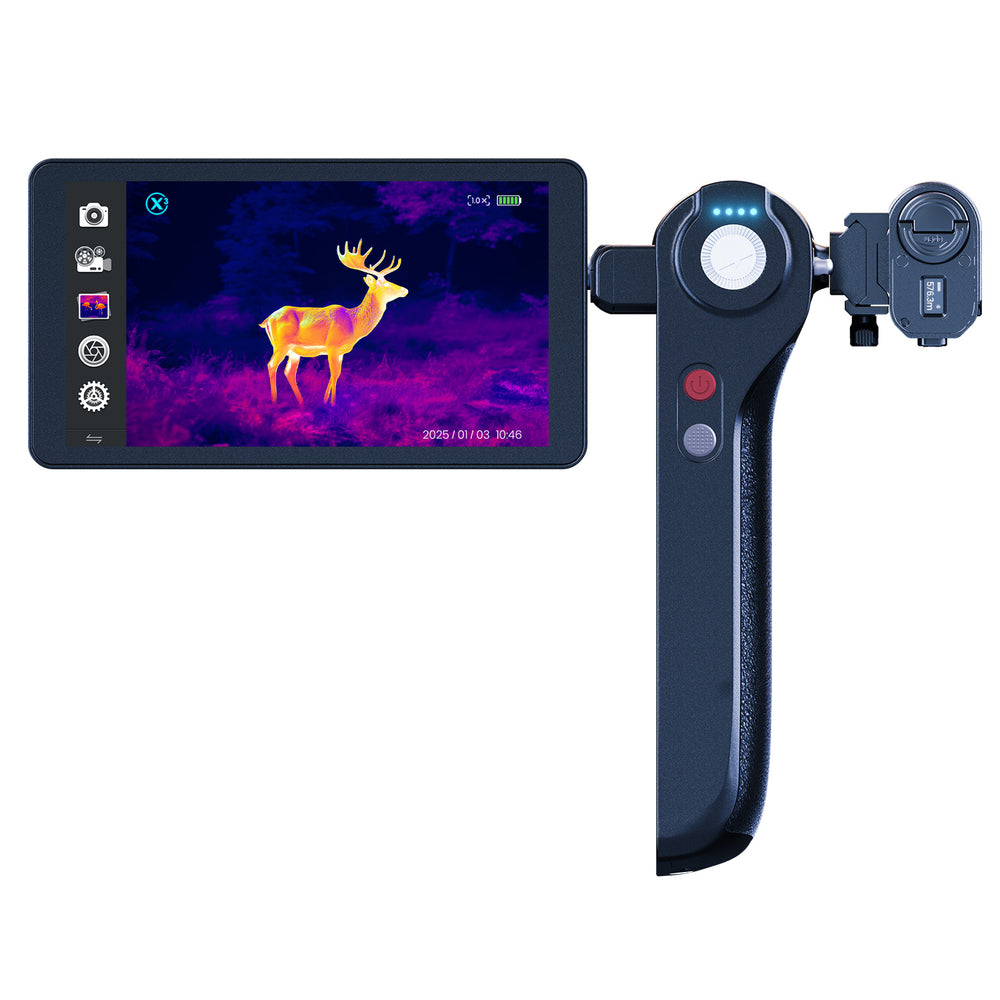
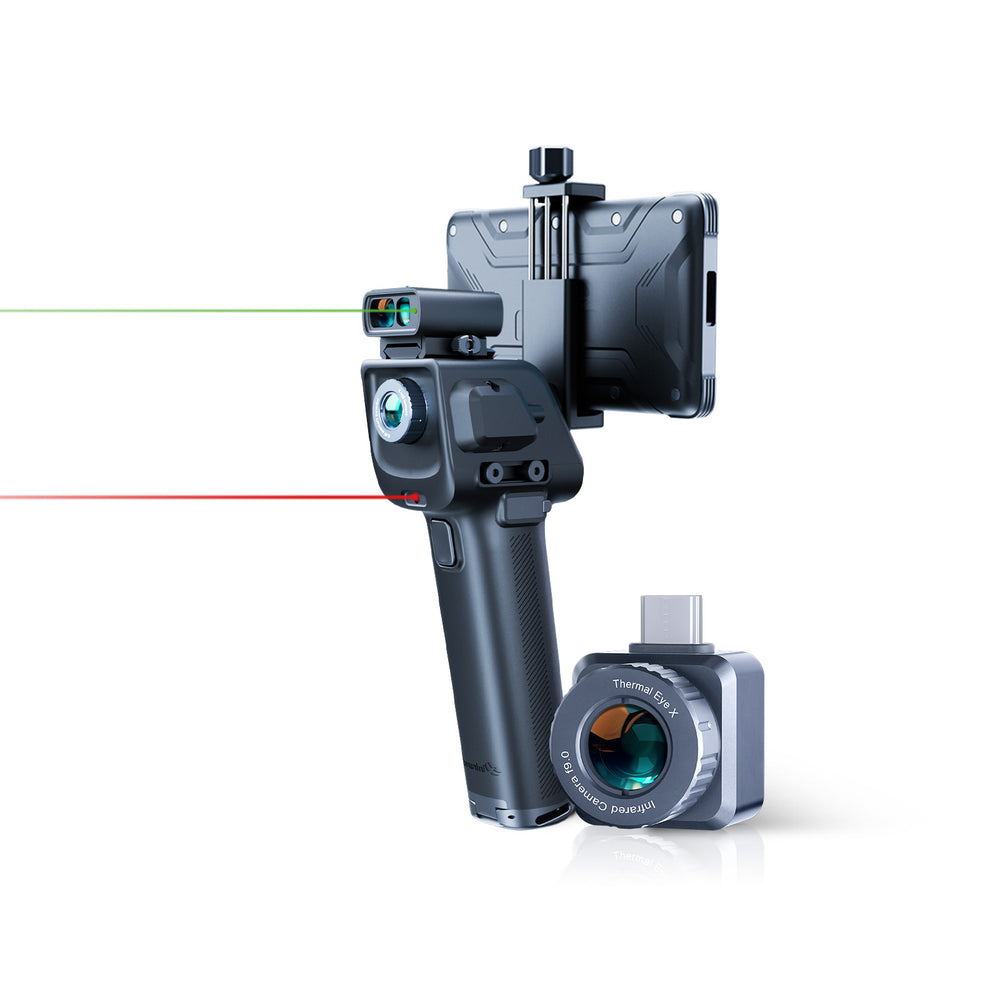
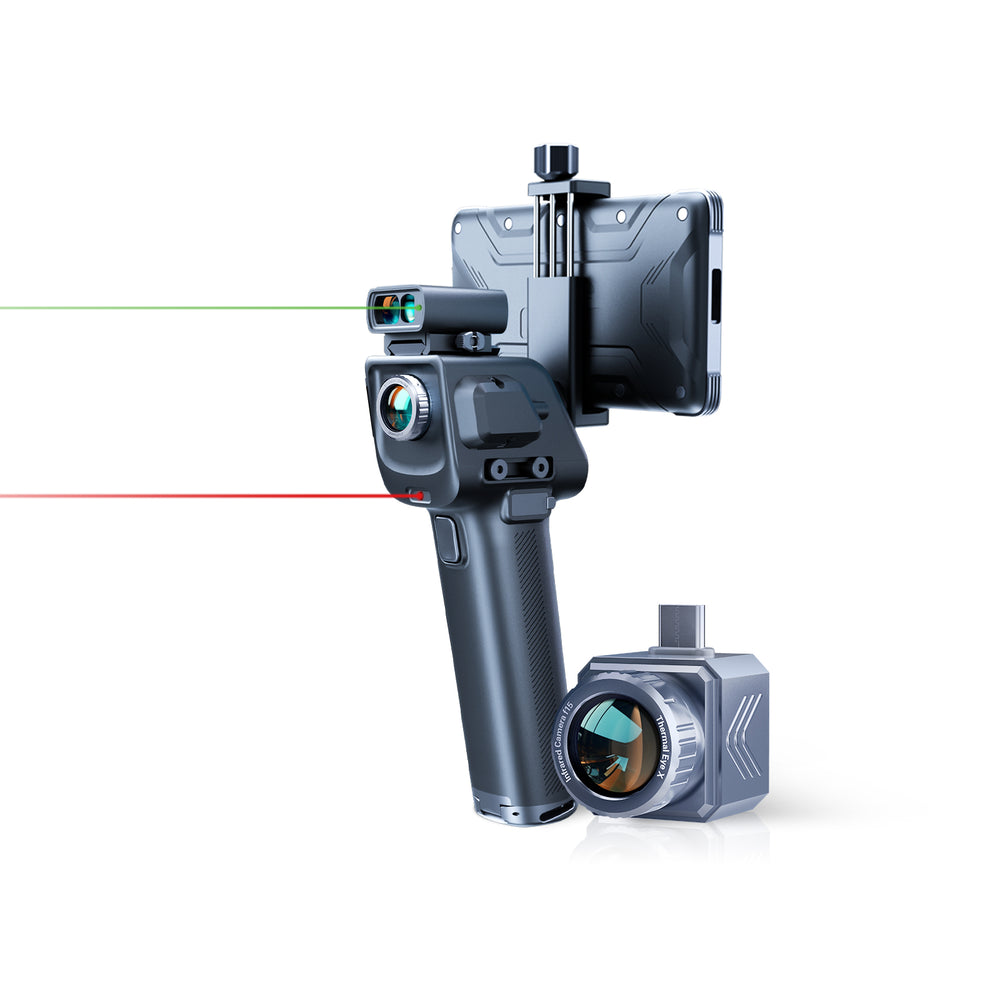
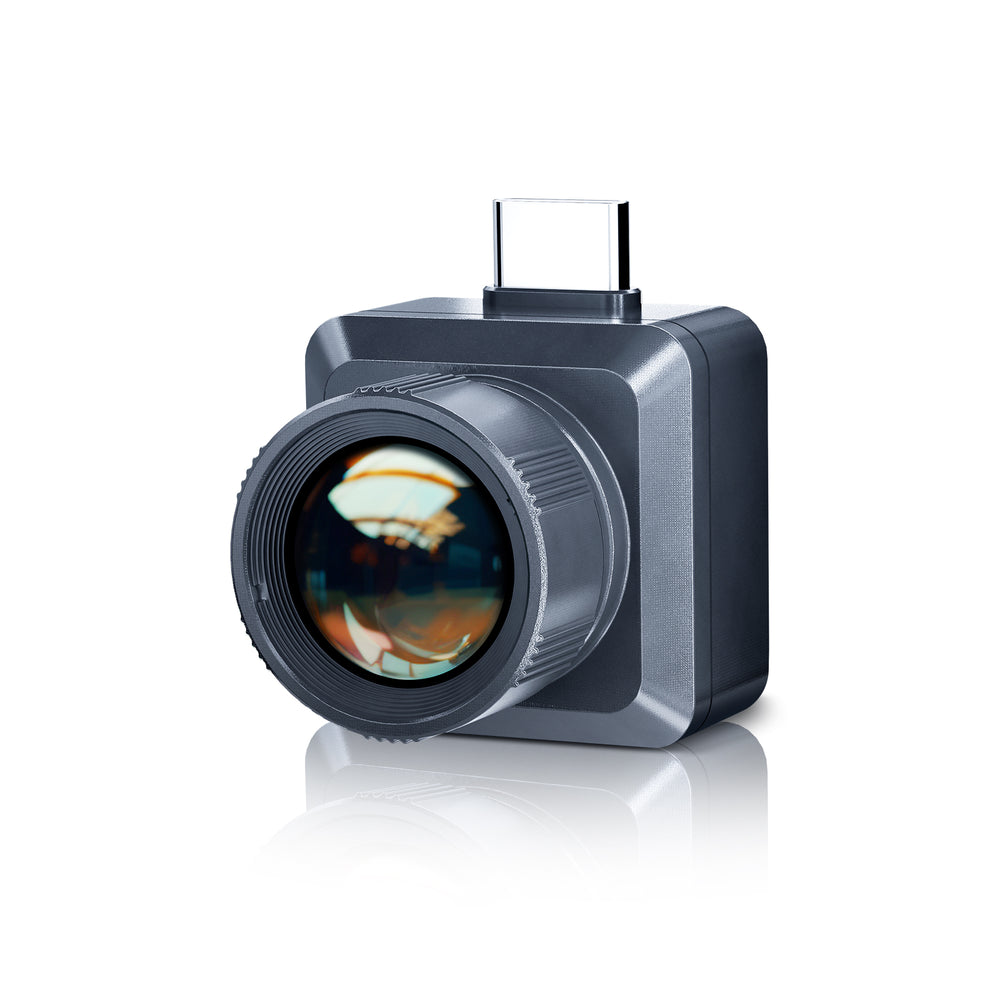
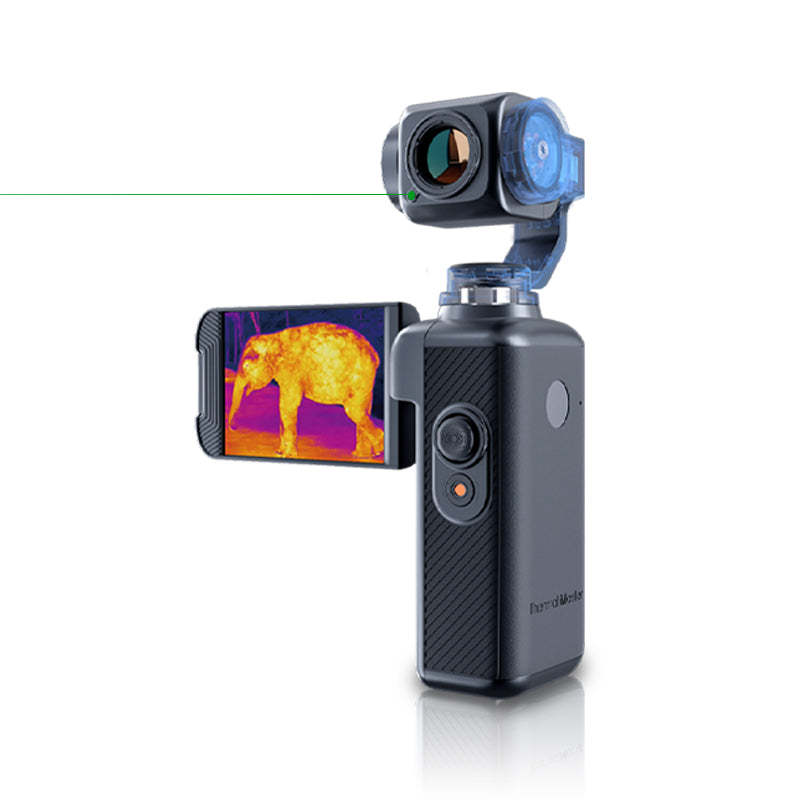
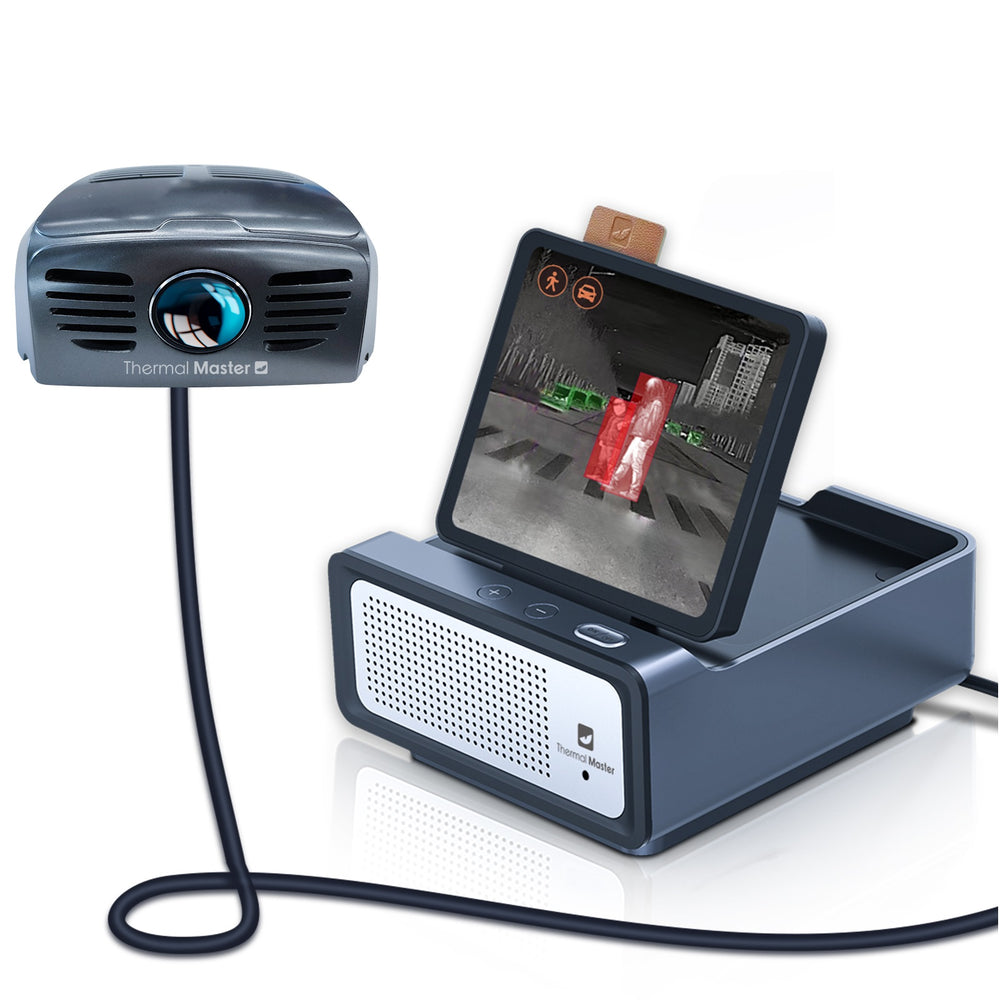
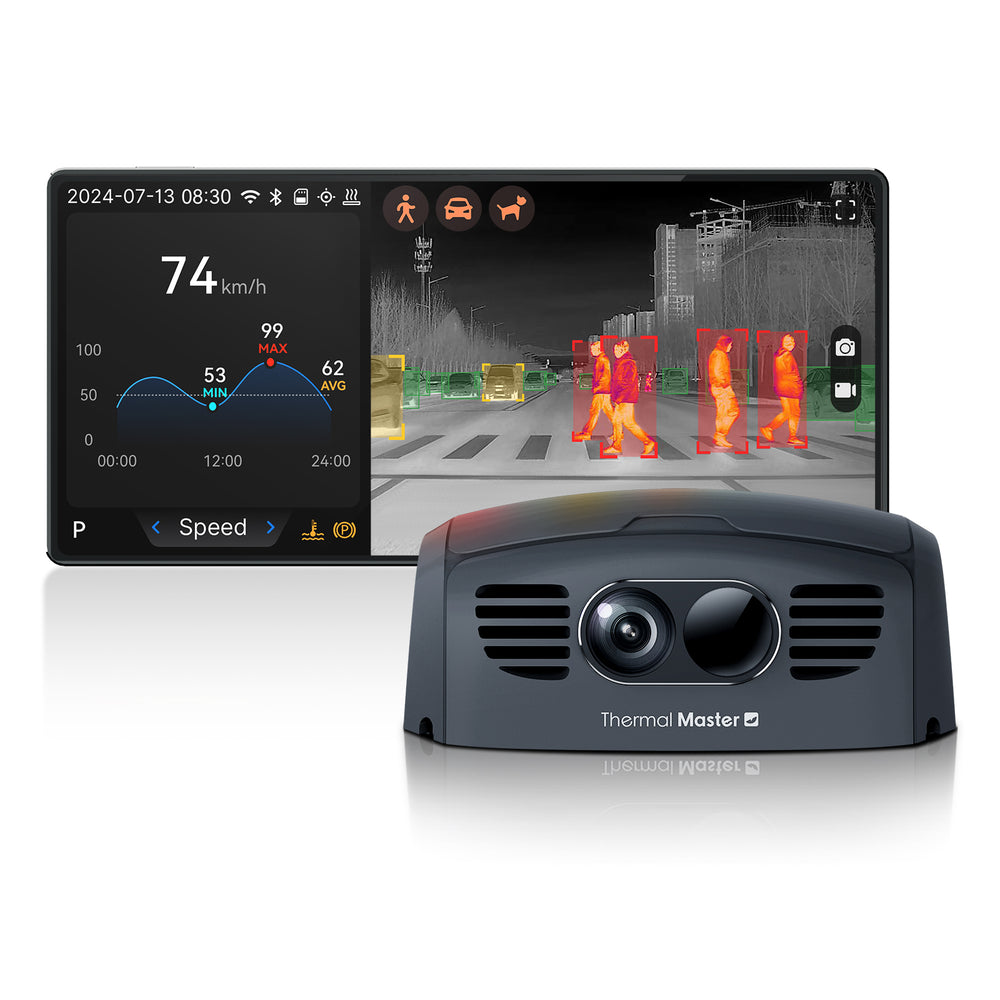
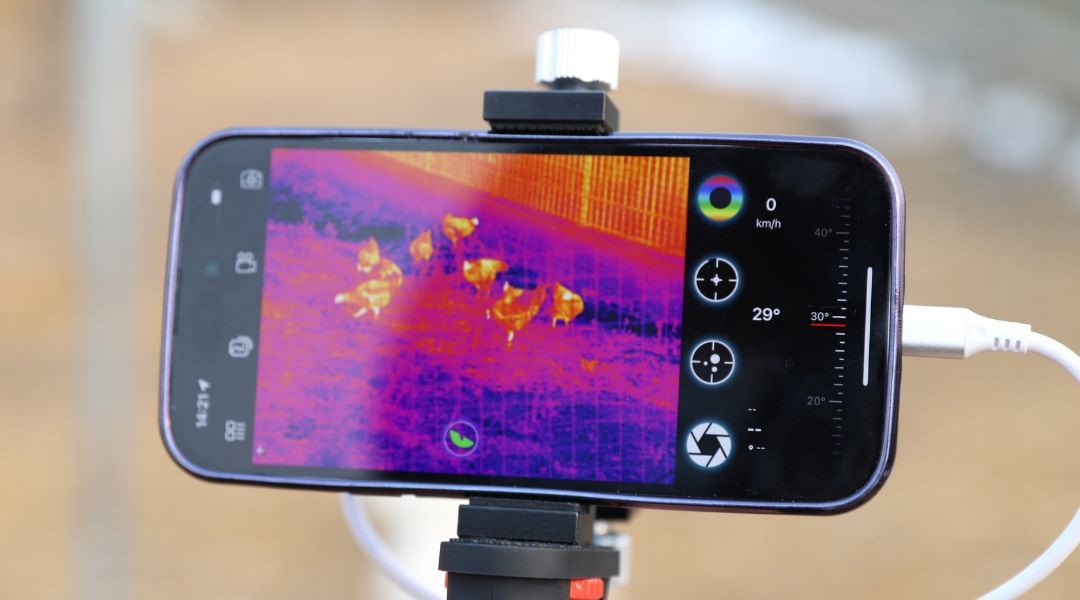
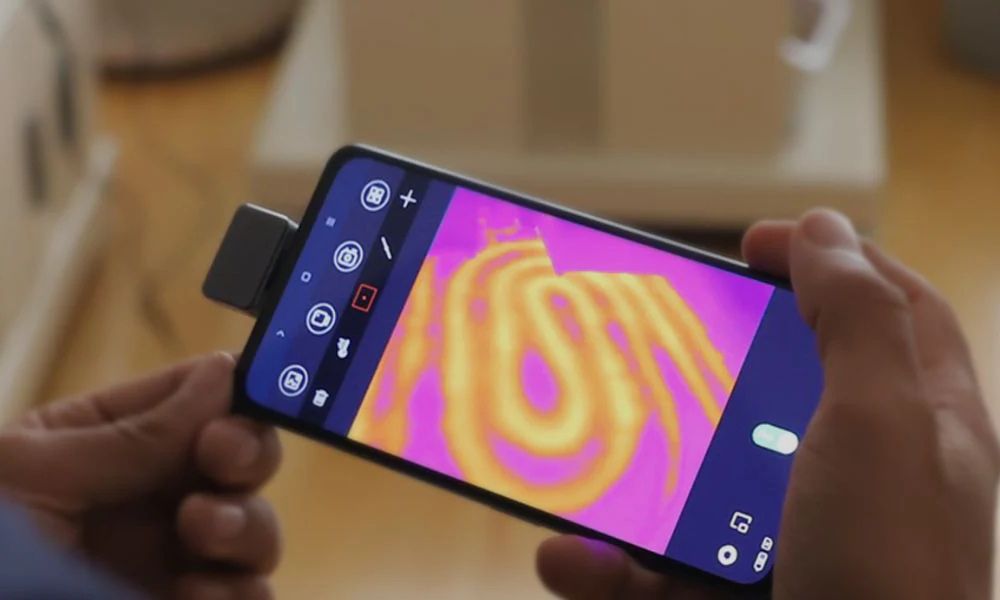
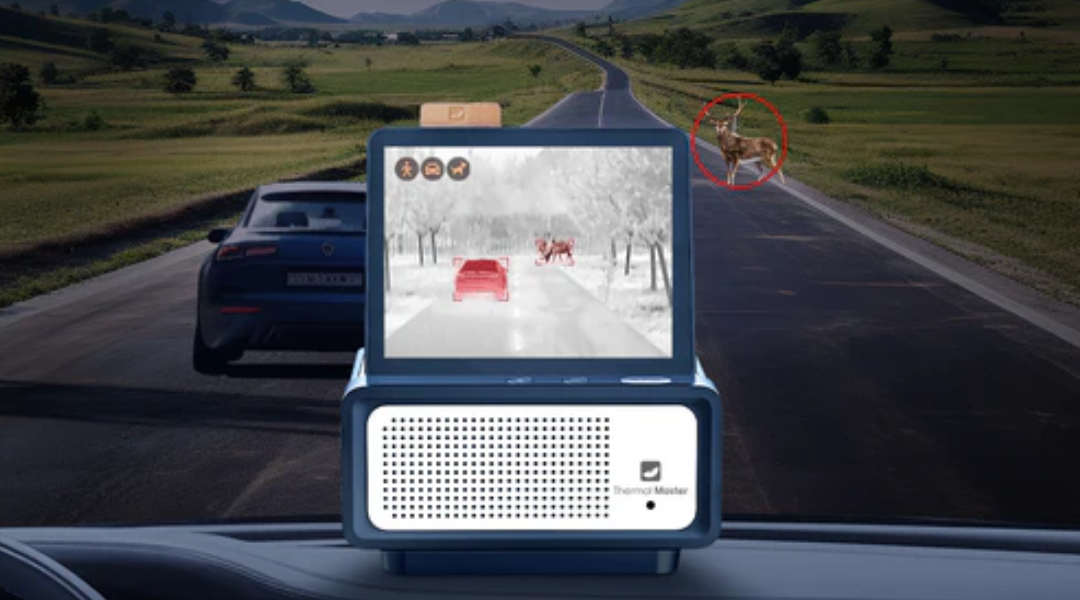
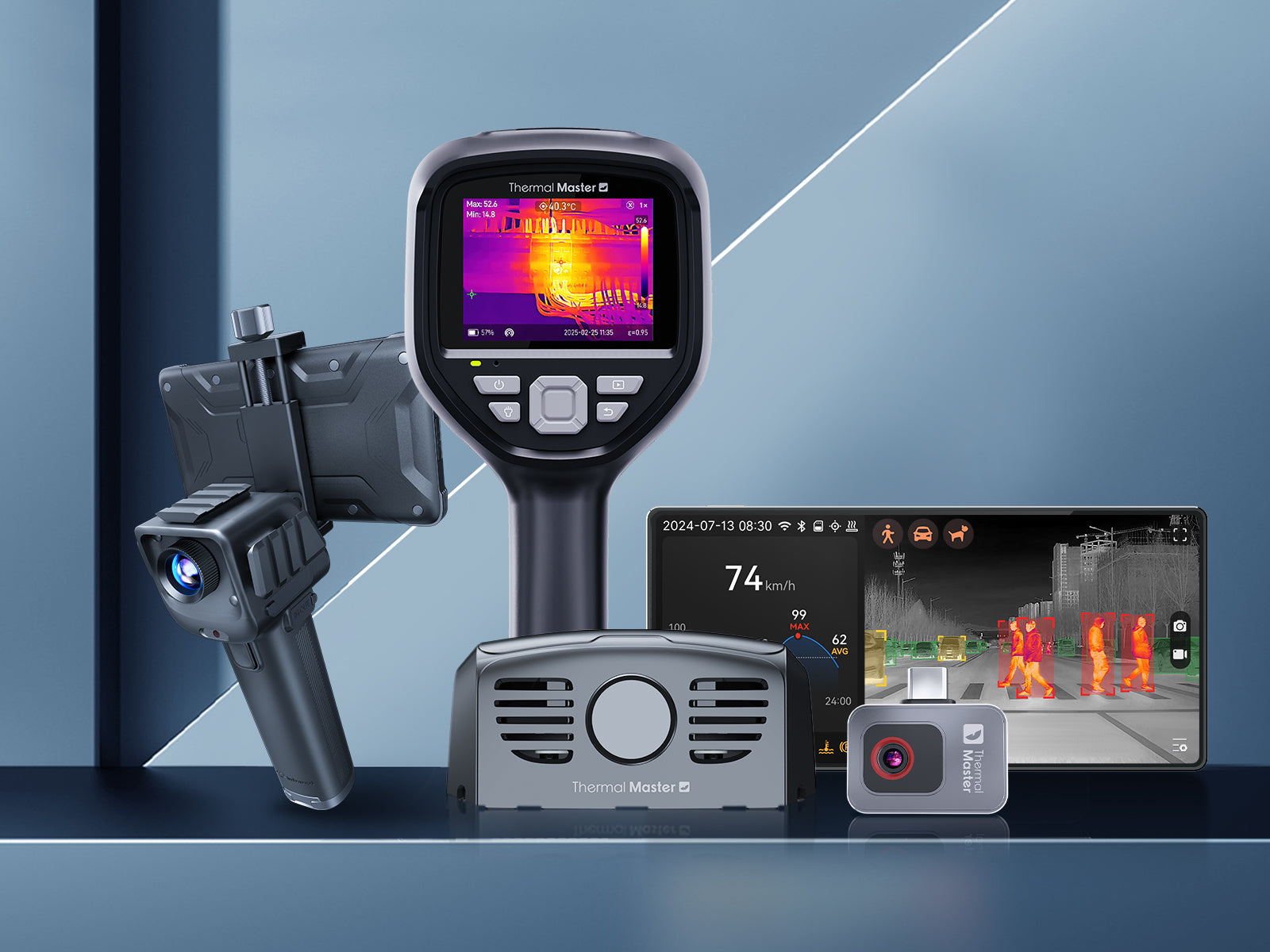
Leave a comment
All comments are moderated before being published.
This site is protected by hCaptcha and the hCaptcha Privacy Policy and Terms of Service apply.